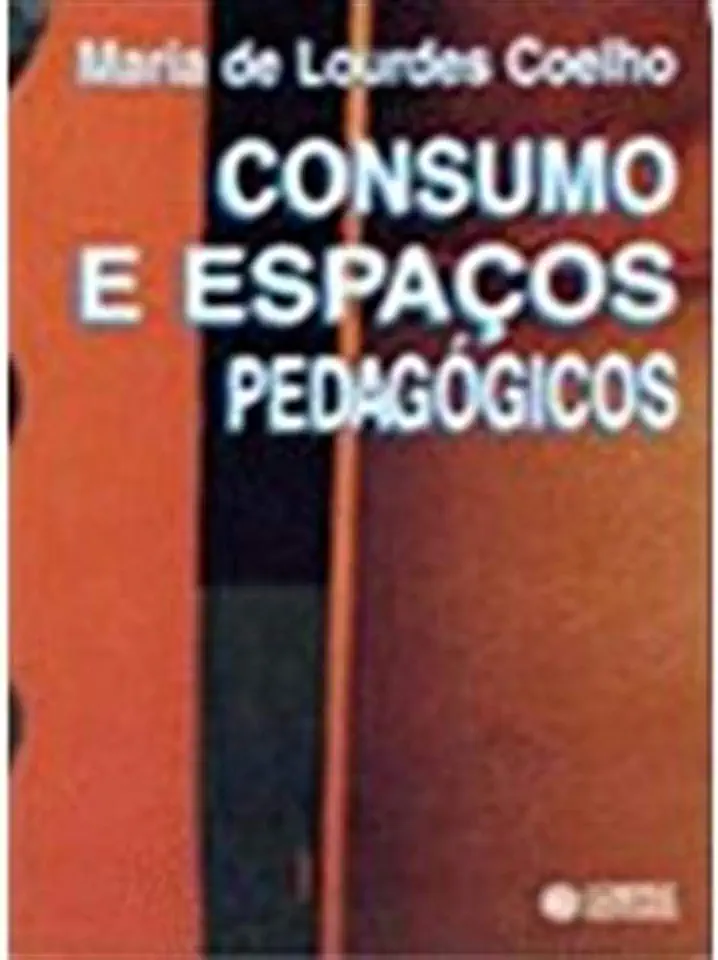
Consumption and Pedagogical Spaces - Maria de Lourdes Coelho
Consumption and Pedagogical Spaces: A Critical Analysis of the Commodification of Education
Introduction
In her book, "Consumption and Pedagogical Spaces: A Critical Analysis of the Commodification of Education," Maria de Lourdes Coelho offers a comprehensive and thought-provoking examination of the increasing commercialization of education. Drawing on a wealth of research and case studies, Coelho argues that the commodification of education has had a profound impact on the quality of education, the experiences of students and teachers, and the overall purpose and mission of educational institutions.
The Commodification of Education
Coelho begins by defining commodification as "the process by which something is transformed into a commodity, or an object that can be bought and sold in a market." She then argues that education has become increasingly commodified in recent decades, as evidenced by the rise of private schools, the increasing cost of college tuition, and the growing emphasis on standardized testing.
Coelho argues that the commodification of education has had a number of negative consequences, including:
- The narrowing of the curriculum: As schools become more focused on preparing students for standardized tests, they have less time to teach subjects that are not tested, such as art, music, and social studies.
- The increase in student debt: The cost of college tuition has skyrocketed in recent years, leaving many students with crippling debt. This debt can have a significant impact on students' lives, making it difficult for them to buy homes, start families, or save for retirement.
- The erosion of the teaching profession: As schools become more focused on test scores, teachers are under increasing pressure to teach to the test. This can lead to burnout and a decline in the quality of teaching.
The Impact of Commodification on Students and Teachers
Coelho also explores the impact of commodification on students and teachers. She argues that commodification has led to a narrowing of the educational experience for students, as they are increasingly focused on preparing for standardized tests. This can lead to a lack of creativity and critical thinking skills.
Commodification has also had a negative impact on teachers. As teachers are under increasing pressure to teach to the test, they have less time to develop relationships with students and to provide individualized instruction. This can lead to a decline in job satisfaction and a decrease in the quality of teaching.
The Future of Education
Coelho concludes by arguing that the commodification of education is a serious threat to the future of education. She calls for a radical transformation of the educational system, one that is based on the principles of equity, democracy, and social justice.
Conclusion
"Consumption and Pedagogical Spaces" is a powerful and provocative book that offers a critical analysis of the commodification of education. Coelho's research and arguments are well-supported and persuasive, and she makes a strong case for the need to transform the educational system. This book is essential reading for anyone who is interested in the future of education.
Call to Action
If you are concerned about the commodification of education, I urge you to read "Consumption and Pedagogical Spaces." This book will open your eyes to the dangers of commodification and will inspire you to take action to protect the future of education.